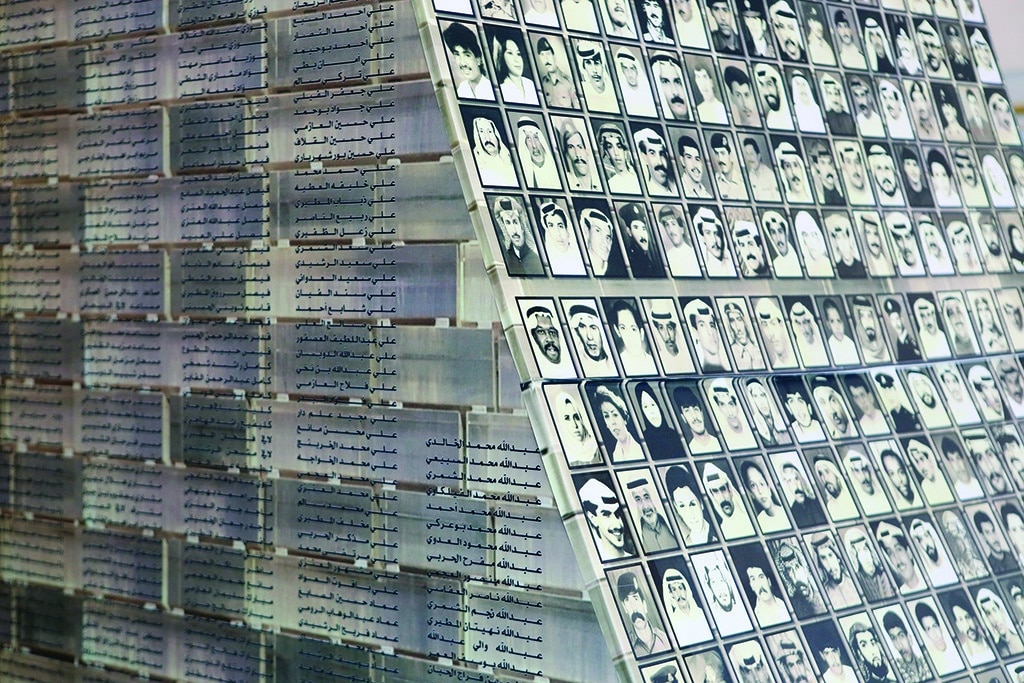By Nawara Fattahova
KUWAIT: The late Amir of Kuwait Sheikh Jaber Al-Ahmad Al-Sabah issued a decree to establish the Martyrs' Bureau in 1991 to provide support and special care for the families of martyrs. The bureau is also responsible to document the data of all martyrs and complete information about the Iraqi invasion of Kuwait in 1990.
 Manar Al-Fahad
Manar Al-FahadManar Al-Fahad, Head of the Honoring Department, provided information about the bureau's role and activities related to martyrs. "Our department cooperates with various institutions to commemorate Kuwait's martyrs and their sacrifices. This includes creating murals with martyrs' names and naming private or public facilities after them. Our latest mural was placed at the T4 terminal at Kuwait International Airport. We are now also preparing to place a monument with the names and photos of martyrs at the T2 terminal that is still under construction," she told Kuwait Times.
"We also have the martyrs' cultural competition. This year we will hold the 18th edition on designing a monument that will be placed at the roundabout near this building. This competition is for the students of the Faculty of Architecture at Kuwait University. We are now choosing the best design," added Fahad.
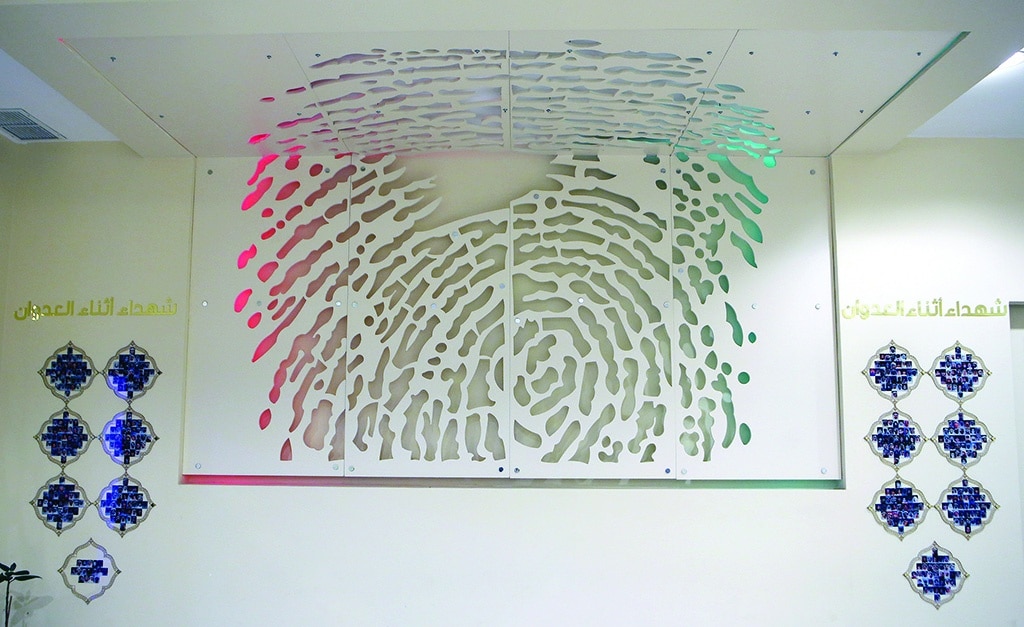
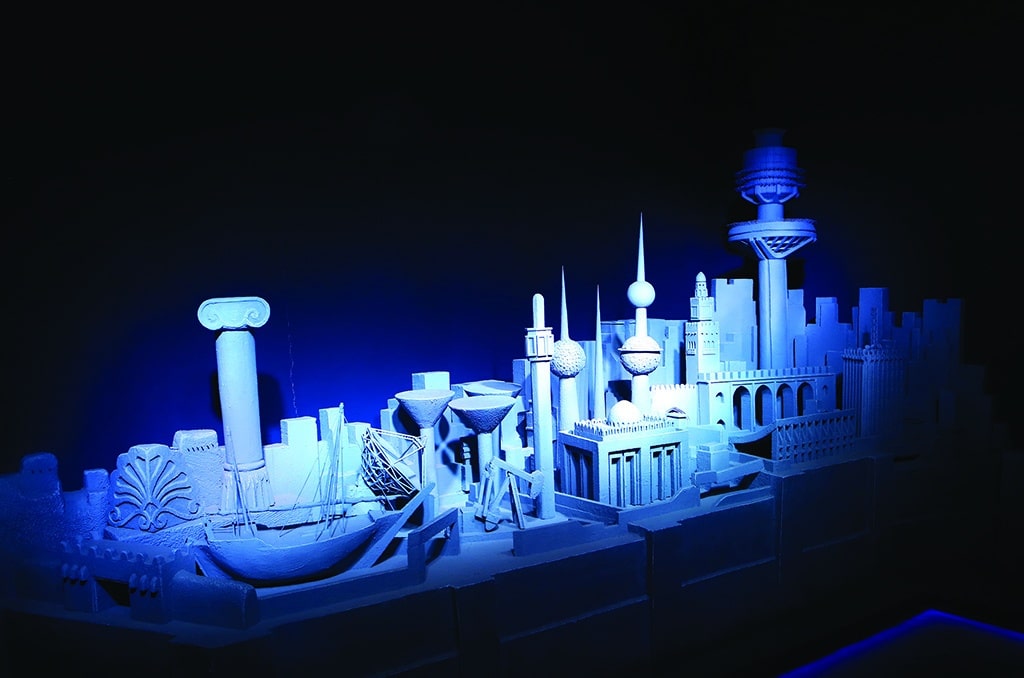
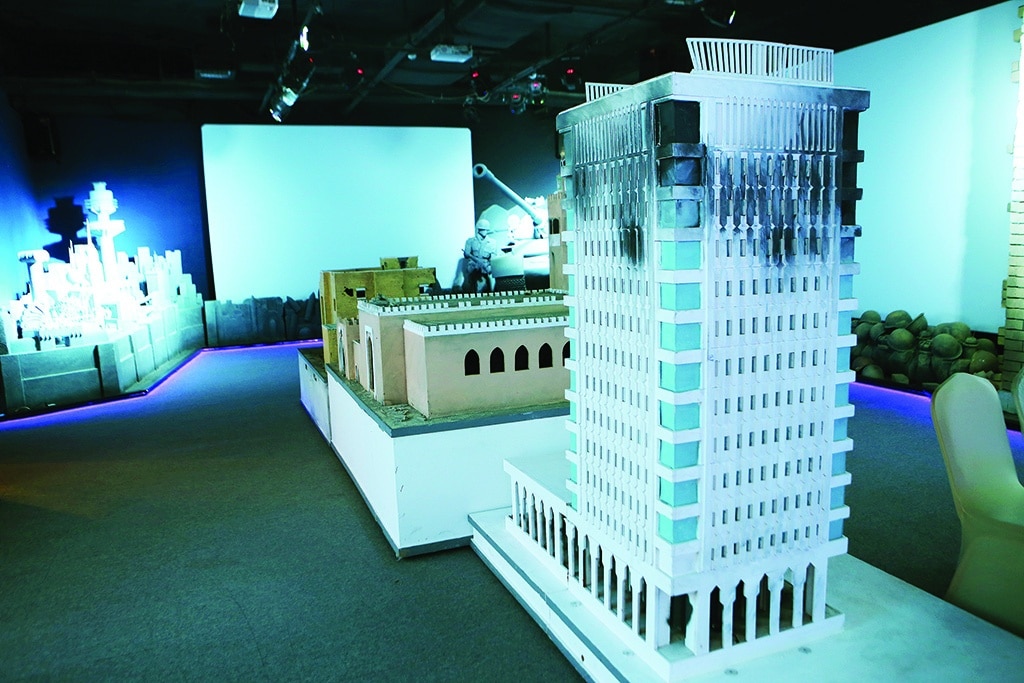
The bureau is also working on renaming some public parks. "As a way of commemorating the martyrs, we aim to give some parks the name of the martyr according to the area where they used to live. We just signed a protocol agreement with the Public Authority for Agricultural Affairs and Fish Resources to rename parks after martyrs and place a mural with the names and photos of the martyrs of that area," concluded Fahad.
 Noura Al-Jasim
Noura Al-JasimFuture generations
Noura Al-Jasim, Head of the Moral Immortalization Department, said this department is in charge of commemorating martyrs and spreading awareness among future generations on the invasion and the role of the martyrs during the invasion. "We collect the stories of the martyrs and Kuwait's resistance and army during the invasion. We have already published 15 stories and are now preparing number 16. We also produce short stories for kids, all encouraging loving the country, sacrifice and bravery," she pointed out.
The bureau also focuses on children. "We are cooperating with schools to paint murals in their premises. We emphasize the role of martyrs and commemorate them. Also, our museum at the bureau welcomes school fieldtrips. Here we show them documentaries on the martyred heroes and documentaries on the services provided by the bureau to the martyrs' families. At the museum, various documentaries are shown on the invasion and liberation," Jasim added.
"During national occasions, we visit schools and present lectures and hold competitions about Kuwait and the liberation to spread awareness on the role of this bureau and commemorate the martyrs. On February 25 and 26 every year, we hold a small cultural and entertainment festival for kids. Also, on August 2, we hold similar activities to provide information on the invasion and the sacrifices of the martyrs. Now we are preparing for the activity that will be held on August 2. We will also refurbish the museum here to be in line with modern technology, and it should be ready with the beginning of the new academic year," she explained.
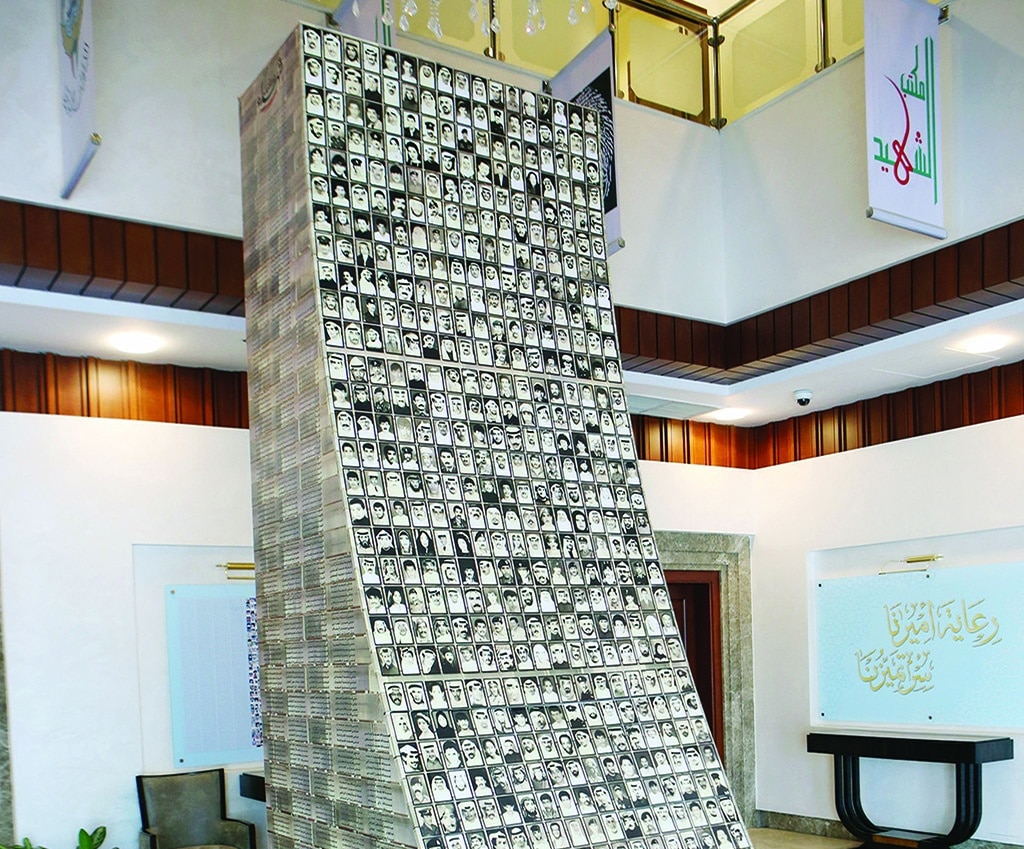
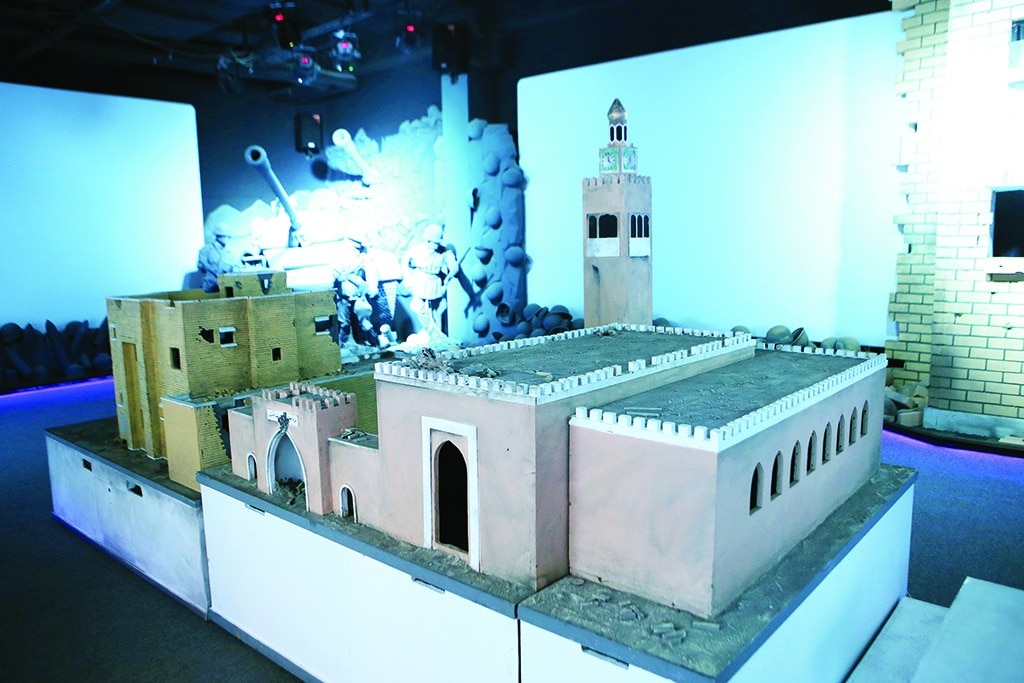
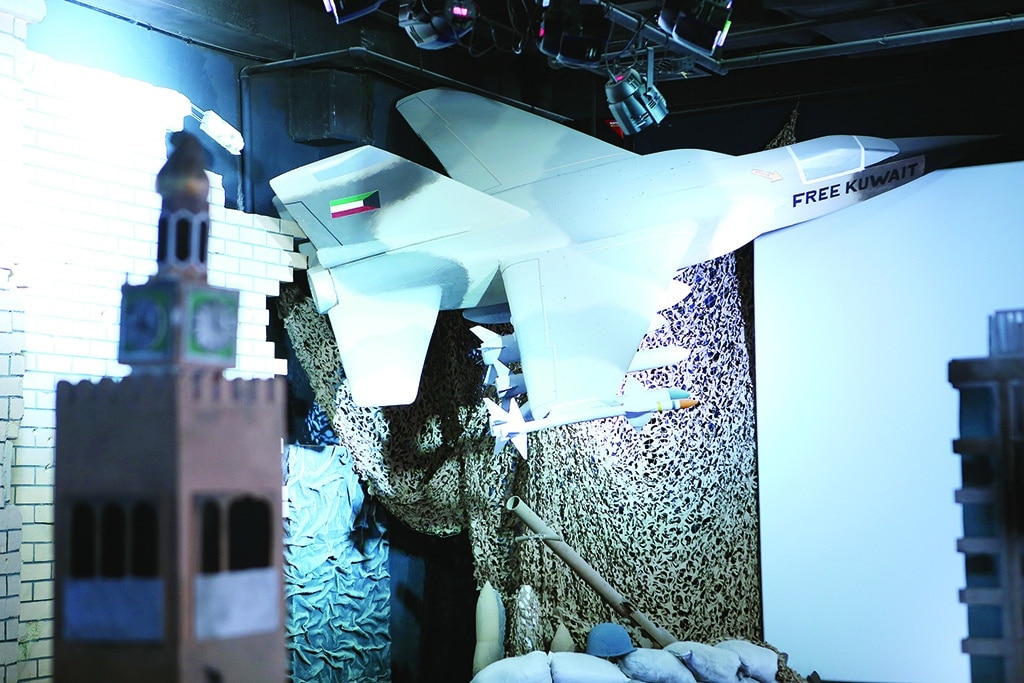
"The bureau welcomes students four days a week, with a maximum of two visits per day. Only one class can visit at a time so the museum and cinema don't get crowded. We also welcome visitors other than the schools of the ministry of education, if we get a request directly from the school. We also participate in the book fair with various publications," Jasim stated.
The Martyrs' Bureau is currently welcoming visitors only in the mornings. "We are now considering opening the museum during the evenings for the public and not only groups from schools and delegations. But this needs more staff working here, as there should be employees operating the screens showing documentaries and giving explanations during the tours. This should also be ready by the new academic year," stressed Jasim.

